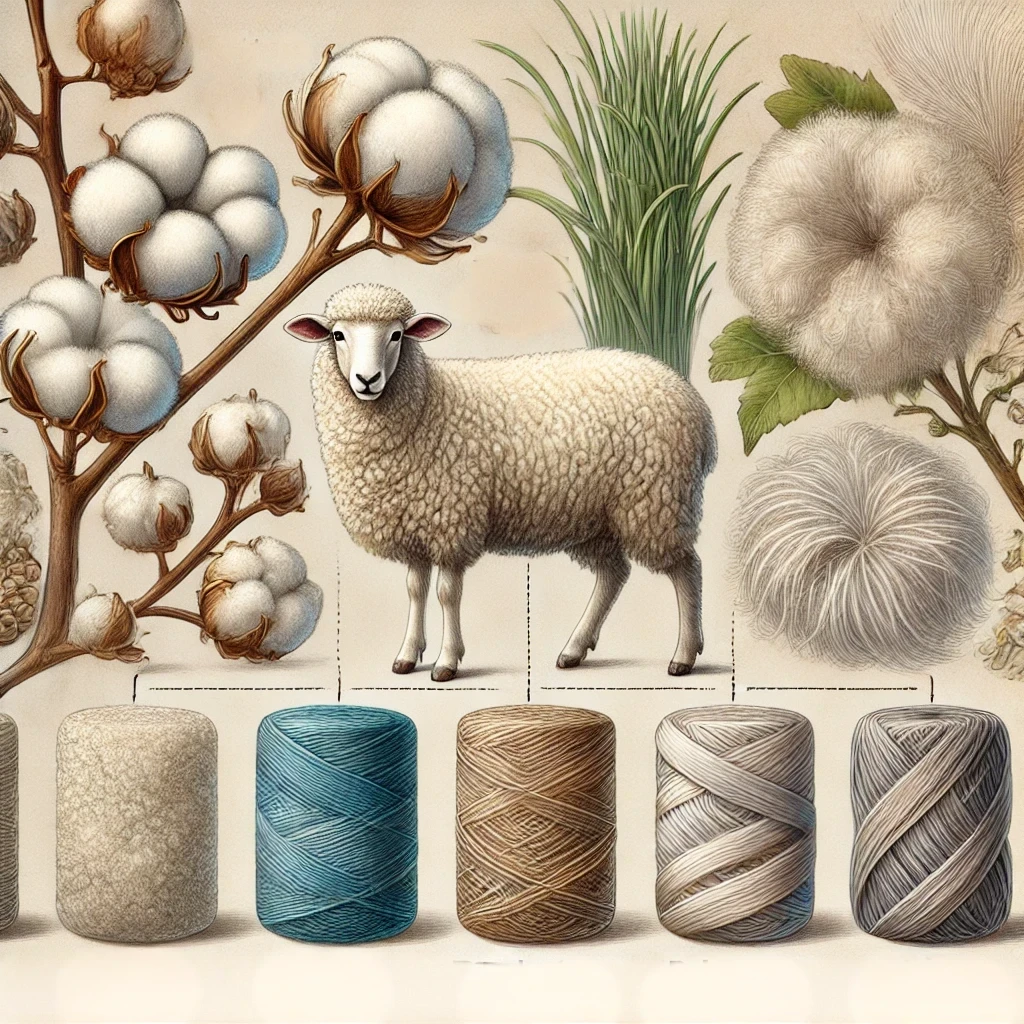Fibre
Definition
Fibre refers to a thread or filament from which a vegetable tissue, mineral substance, or textile is formed.
Parts of Speech
- Noun
Pronunciation
American English (Fiber)
- IPA Pronunciation: /ˈfaɪbər/
- Respelling: FY-ber (with "FY" as in "fly" and "ber" as in "her")
British English (Fibre)
- IPA Pronunciation: /ˈfaɪbə/
- Respelling: FY-buh (with "FY" as in "fly" and "buh" as in "sofa")
In both dialects, "fibre" (or "fiber") places the primary stress on the first syllable, "FY." The pronunciation is similar across both American and British English, with a slight difference in the ending: "FY-ber" in American English and "FY-buh" in British English.
Etymology
The word "fibre" originates from the Latin word "fibra," meaning "a thread or filament." It entered the English language in the Middle Ages, and the British spelling "fibre" became standard, while the American English version adopted the spelling "fiber."
Derivatives
- Fibrous (adjective)
- Fiberboard (noun)
- Fiberglass (noun)
- Fibred (adjective, less common, refers to something that has fibers)
- Re-fibre (verb, to add or incorporate fibers)
Synonyms
- Thread
- Filament
- Strand
Antonyms
- Whole
- Mass
- Block
Usage
"Fibre" is commonly used in various contexts, including textile production, nutrition, and materials science. In textiles, fibres are spun into yarn or thread and then woven or knitted to create fabrics. In nutrition, dietary fibre is an essential component of a healthy diet, aiding in digestion and preventing certain diseases.
Related Terms
- Fibre-optic: Relating to the transmission of information as light pulses along a glass or plastic wire or fibre.
- Cellulose: An organic compound that is the main constituent of plant cell walls and of vegetable fibres such as cotton.
- Polymer: A substance that has a molecular structure built up chiefly or completely from a large number of similar units bonded together.
Detailed Definition
Noun
- Textile Fibre: Refers to a slender, elongated natural or synthetic material that can be spun into yarn or thread for weaving, knitting, or other forms of textile production.
- Example: Cotton is a natural fibre commonly used to make clothing.
- Material Science: In a broader sense, fibre refers to materials used in manufacturing composites, insulation, and other industrial applications, such as fiberglass or carbon fibre.
- Example: The boat hull was reinforced with carbon fibre for added strength.
- Dietary Fibre: Refers to the indigestible portion of plant foods that aids in digestion by regulating the body's use of sugars, helping to keep hunger and blood sugar in check.
- Example: Whole grains, fruits, and vegetables are rich sources of dietary fibre.
fibre



🇨🇳 Mandarin
- 纤维 (xiānwéi)
- IPA: [ɕjɛ́n.wéi]
- Respell: shyen-way
- 纤维素 (xiānwéi sù)
- IPA: [ɕjɛ́n.wéi sù]
- Respell: shyen-way soo
🇮🇳 Hindi
- रेशा (reśā)
- IPA: [reʃaː]
- Respell: re-shaa
- फाइबर (faibar)
- IPA: [fɑːɪbər]
- Respell: fie-bar
🇪🇸 Spanish
- Fibra
- IPA: ['fiβɾa]
- Respell: fee-bra
- Fibra óptica
- IPA: ['fiβɾa 'optika]
- Respell: fee-bra op-tee-ka
🇫🇷 French
- Fibre
- IPA: [fibʁ]
- Respell: feebr
- Fibre optique
- IPA: [fibʁ ɔptik]
- Respell: feebr op-teek
🇸🇦 Modern Standard Arabic
- ألياف (alyāf)
- IPA: [aˈljaːf]
- Respell: al-yaaf
- الياف بصرية (alyāf baṣrīyah)
- IPA: [aˈljaːf ˈbaṣrɪjja]
- Respell: al-yaaf bas-ree-yah
🇧🇩 Bengali
- আঁশ (ānśa)
- IPA: [aːnʃa]
- Respell: ahn-sha
- ফাইবার (phaibār)
- IPA: [fɑibar]
- Respell: fie-bar
🇷🇺 Russian
- Волокно (Volokno)
- IPA: [vɐˈɫoknə]
- Respell: vo-lok-no
- Фибра (Fibra)
- IPA: ['fibra]
- Respell: fee-bra
🇵🇹 Portuguese
- Fibra
- IPA: ['fiβɾɐ]
- Respell: fee-bra
- Fibra óptica
- IPA: ['fiβɾɐ 'ɔptikɐ]
- Respell: fee-bra op-tee-ka
🇮🇩 Indonesian
- Serat
- IPA: [səˈrat]
- Respell: suh-rat
- Fiber
- IPA: ['fibər]
- Respell: fee-bur
🇩🇪 German
- Faser
- IPA: ['faːzər]
- Respell: fah-zer
- Glasfaser
- IPA: ['ɡlaːsfaːzər]
- Respell: glas-fah-zer
🇯🇵 Japanese
- 繊維 (sen'i)
- IPA: [seɴʲi]
- Respell: sen-ee
- ファイバー (faibā)
- IPA: [faibaː]
- Respell: fie-baa
🇻🇳 Vietnamese
- Sợi
- IPA: [sɔ̤j˧ˀ˥]
- Respell: soy
- Chất xơ
- IPA: [cʰat̚˧ˀ˥ səː˧˧]
- Respell: chat so
🇰🇷 Korean
- 섬유 (seomyu)
- IPA: [sʌm.ju]
- Respell: sum-yoo
- 광섬유 (gwangseomyu)
- IPA: [kwaŋ.sʌm.ju]
- Respell: gwang-sum-yoo
🇹🇷 Turkish
- Lif
- IPA: [lif]
- Respell: leef
- Fiber
- IPA: ['fibeɾ]
- Respell: fee-ber
🇵🇰 Urdu
- ریشہ (reśah)
- IPA: [reʃa]
- Respell: re-shah
- فائبر (faibar)
- IPA: [faɪbər]
- Respell: fie-bar





